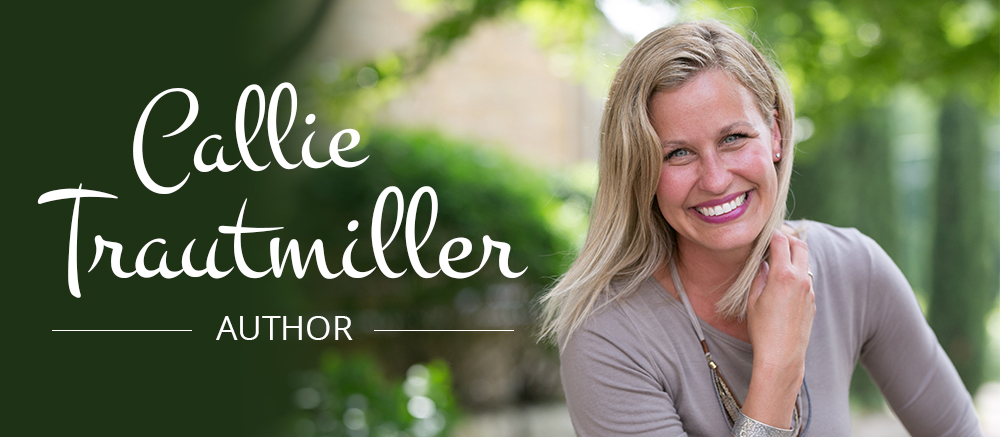Writing is a solitary act. You will second guess every sentence. Every chapter. Hell, your entire book. You, after all, are your biggest critic.
It took me a lot of time and pride to realize that I needed a support group. When I got the nerve to find one, most of the time, I was a fly on the wall and showed up and listened to the guest speakers, without commenting much or asking questions (what if they were dumb questions?!). I’d read all the emailed excerpts from the club and admired how brave the writers were who submitted their work.
But even though I wasn’t brave enough or confident enough to share my own manuscript, it helped me to identify myself as a writer and to feel like I was a part of a group. A supportive group of others who were striving toward a common goal.
So, looking back over the past couple of years, there were a couple of things that helped me gain confidence in identifying as a writer. Sometimes, the toughest part isn’t even putting writing on paper, but changing the self-beliefs that are within our head.
Here’s what helped me:
- I joined a Community Ed. Writing Class. I know I’ve mentioned this, but I can’t understate how important it is to surround yourself with other people who are creatively writing and sharing ideas. I was fortunate to have a retired Literature Professor, Dr. Neuhaus, as a teacher. Not having a writing background, his techniques in developing characters and honing my writing style helped tremendously.
- I sought out other authors. I went to several author events around the area. I LOVE these! Even as it is, I always read about the author and their background before I even read the back cover of a book. I’m fascinated with their backgrounds and how they became authors. I love going to author talks to hear their personal stories, their failures, their successes and to learn. So many of these people did not start out as authors, but had other careers.
- I made it a point to meet up with others who like to write. Turns out, there are quite a few friends who either like to write, want to write a book or teach literature. Grabbing a cup of coffee (or three) with them or checking in with them to see how their writing is going creates inspiration! Before I know it, all I want to do is go home and create!
- I found mentors. I got uncomfortable and found fellow writers who had experience and were willing to help. I’m still so extremely grateful and humbled by how many of these awesome authors were willing to help (Robert Crane, Thekla Madsen, Jacqueline West, Graham Salisbury) and I made a promise that I would pay it forward and help whomever I could along the way as well.
So, find your tribe. They’re out there. They will pull you through the self-doubts, the writer’s blocks and the voices in your head that tell you lies like, you’re not good enough to write anything interesting or you’re not a writer…you didn’t even go to school for it. Or who do you think you are to feel you have something to say.
Well, let me tell you, I’ve thought all of these things as well as most authors. We all begin somewhere and most remember where they started. Your tribe is a lifeline to accomplishing your dream.
Go find them!
